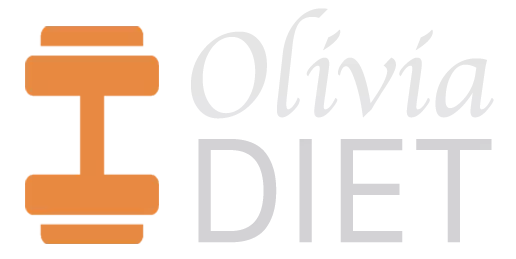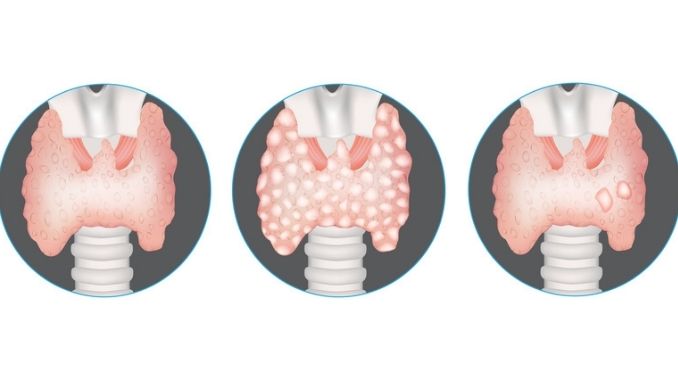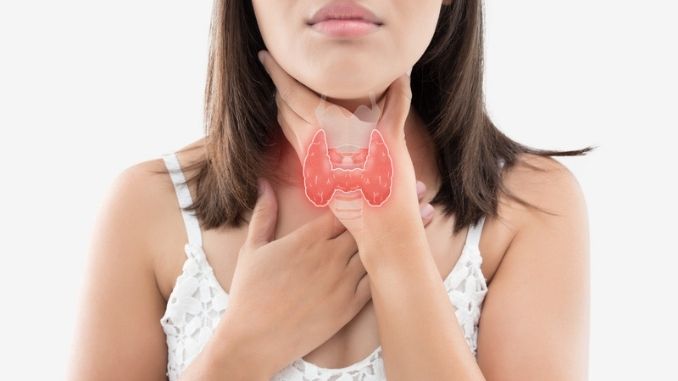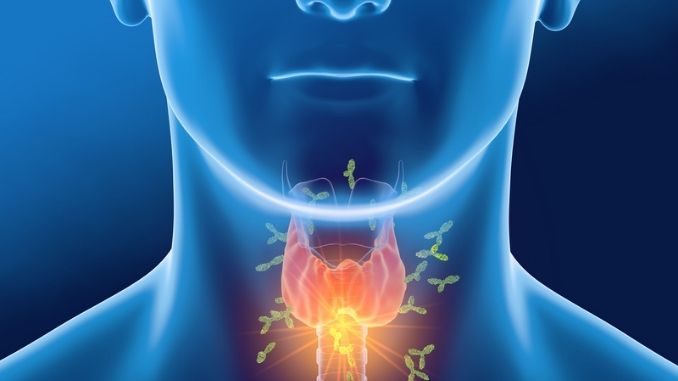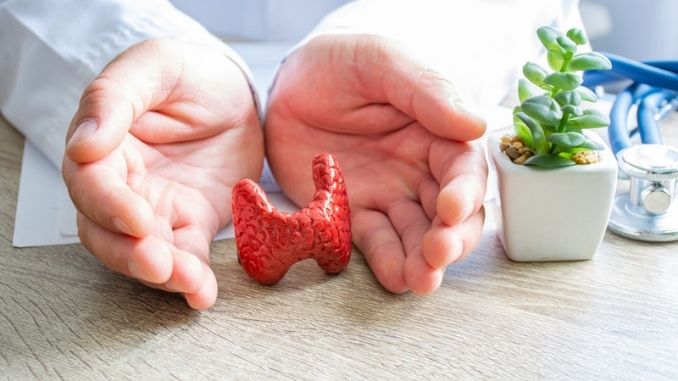Everything You Need to Know About Thyroid Health
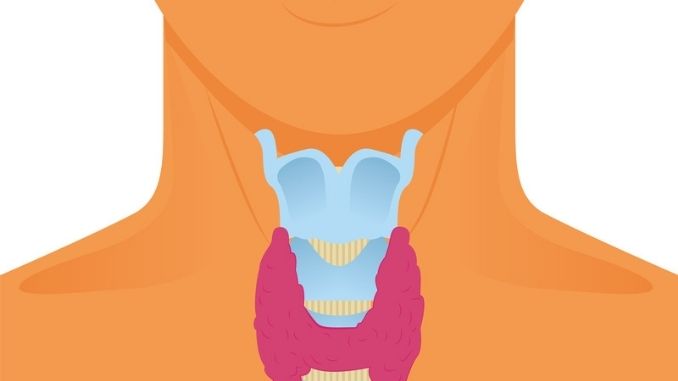
Last updated on August 2nd, 2023 at 06:44 pm
The thyroid gland is considered the master gland, influencing almost all of the metabolic processes in your body. The thyroid is a small, butterfly-shaped endocrine gland located at the front of the neck and is responsible for making thyroid hormones essential for the proper functioning of all of the cells in your body.
The hormones produced by the thyroid are secreted into the blood and then carried to every tissue in the body. Thyroid hormones help the body use energy, stay warm, and keep the brain, heart, muscles, and other organs functioning properly.
The thyroid gland produces two main hormones: Thyroxine (T4) and Triiodothyronine (T3). These hormones control your body's use of fats and carbohydrates, your body temperature, influence heart rate, and regulate protein production.
The thyroid also produces calcitonin, which regulates the amount of calcium in your blood and, thus, your bone density. The good news is that virtually all thyroid conditions are treatable if diagnosed properly and promptly.
Unfortunately, thyroid disorders mimic other health problems and are often misdiagnosed and thus mistreated. A better understanding of thyroid functioning is essential for maintaining your thyroid health.
Hyperthyroidism:
When the thyroid gland is overactive and too much thyroid hormone, Thyroxine, is produced, this results in Hyperthyroidism. Hyperthyroidism can occur from conditions such as Grave's disease, toxic adenomas, subacute thyroiditis, or thyroid cancer. Hyperthyroidism accelerates your body's metabolism, leading to weight loss and a rapid or irregular heartbeat.
Other symptoms include increased appetite, anxiety, tremors, sweating, changes in menstrual patterns, increased heat sensitivity, changes in bowel patterns, an enlarged thyroid gland (which can present as swelling at the base of your neck), fatigue, muscle weakness, difficulty sleeping, skin thinning and brittle hair. Some complications of Hyperthyroidism include heart problems, brittle bones, eye problems, red and swollen skin, and thyrotoxic crisis.
Treatment for Hyperthyroidism includes anti-thyroid medications, radioactive iodine, and sometimes even surgical removal of some or all of the thyroid glands.
Hypothyroidism:
When the thyroid is underactive and insufficient thyroid hormone is produced, this results in Hypothyroidism. Hypothyroidism results in a drop in energy levels due to decreased production of thyroid hormones, which are required to keep the body running normally. Hashimoto's thyroiditis, removal of the thyroid gland, exposure to too much iodine, and the drug lithium can cause it. Hypothyroidism leads to under activity of the organs of the body.
Common symptoms include fatigue, coldness, weight gain, dry skin, and sleepiness. If left untreated for a long, Hypothyroidism can lead to a myxedema coma, a rare but potentially life-threatening condition. If individuals with Hypothyroidism display symptoms such as lethargy, confusion, weakness, and difficulty breathing, take them to the emergency room immediately.
Hypothyroidism cannot be cured but can be managed completely in most cases. Treatment involves replacing the amount of hormone that your thyroid can no longer make, which is usually Thyroxine (T4). Hormone replacement can restore your body's thyroid hormone levels and, consequently, your body's function.
Eating for Thyroid Health:
The food you eat has a huge impact on your thyroid gland health. Sufficient iodine consumption is essential throughout your life. One of the easiest ways to get enough iodine in your diet is by using table salt when you cook or season your food.
Table salt contains iodine, while processed foods do not. Iodine naturally occurs in seaweed, salt-water fish, seafood, and to some extent, dairy products. The Institute of Medicine recommends 150 micrograms (about ⅜ teaspoon of table salt) daily for those aged 14 or older.
Other foods that benefit the thyroid include lean protein and beans, antioxidant-rich fruits and vegetables (think blueberries, bell peppers, and tomatoes), high-fiber foods, and healthy fats (like omega-3s). One important nutrient is vitamin D.
Scientists have linked low vitamin D levels to Hashimoto's disease, an autoimmune disease that leads to Hypothyroidism. Those with Hyperthyroidism need vitamin D to maintain bone density, as insufficient vitamin D levels are dangerous. Fatty fish, milk, dairy products, eggs, and mushrooms contain vitamin D.
Sun exposure also produces vitamin D, and many vitamin D supplements are available. Selenium is a mineral that enables the thyroid gland to function optimally and impacts your immune system, cognitive ability, and fertility.
You can find selenium in Brazil nuts, sunflower seeds, tuna, crab, and lobster. Vitamin B12 is also important for thyroid health and can be found in mollusks, sardines, salmon, organ meats, muscle meat, dairy products, fortified cereal, and some nutritional yeasts.
To support your thyroid health, limit or eliminate your intake of sugars, added fats, fast food, and processed foods. Avoid excessive amounts of iron, iodine, and calcium supplements, too many high-fiber foods, caffeine, tobacco, and alcohol. If you experience thyroid disorder symptoms, eat soy in moderation and eliminate the gluten-free grain and millet.
Exercise for Thyroid Health:
The ideal amount and type of exercise for optimal thyroid health differ for each person. Individuals with Hyperthyroidism may have plenty of energy and motivation for exercise. Those with Hypothyroidism might find working out is the last thing they want to do, as symptoms include fatigue and muscle and joint pain. Experts say exercise can help improve symptoms, so talk with your doctor about your best approach to exercise.
The thyroid gland's optimal functioning is essential for overall health and well-being, including weight management, energy levels, and even mental health. We hope the information in this article has given you a comprehensive overview of the importance of the thyroid gland and how you can take control of your thyroid health.
Rick Kaselj MS, is a leading kinesiologist and injury specialist as well as co-creator of the best-selling Unlock Your Hip Flexors program. Rick creates exercise programs that help people heal injuries and eliminate pain, so they can go back to living a full, active, healthy life.
